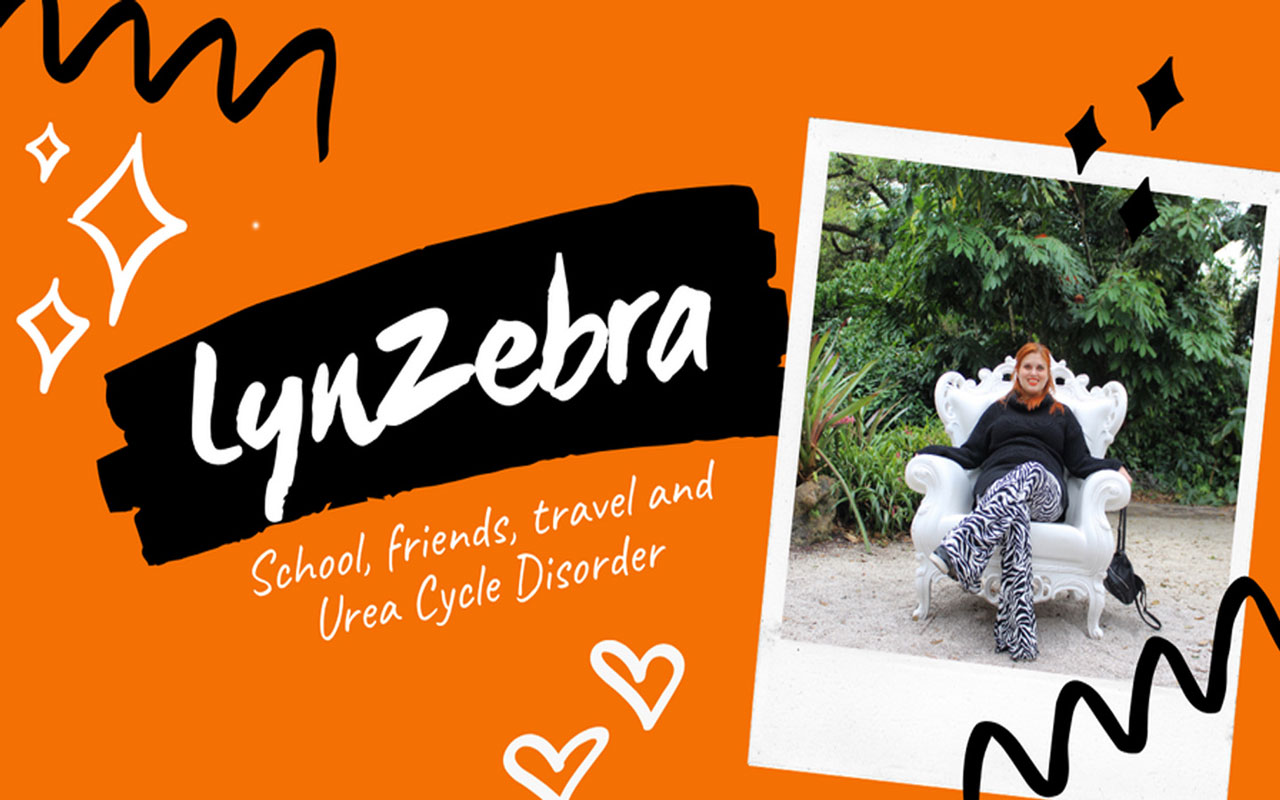
If you have a rare, chronic or invisible diagnosis then you have probably had to explain your medical condition to a stranger. You have most likely experienced the wide-eyed pity, the awkward silence, but worst of all the frustrating experience of someone telling you that you are mistaken. After patiently explaining the medical condition they declare that it does not exist or you are faking, or not trying hard enough to be healthy. People often invalidate our struggle with rare disease because they cannot understand it or because we are lucky enough to have no visible markers of illness like mobility or life aids. e.g. oxygen tank, walker or feeding tube. There are all kinds of ways to invalidate someone. But for our particular circumstance we experience it most often in reference to our disease state.
So, what is invalidation?
Invalidation is the process of denying, rejecting or dismissing someone’s feelings. Or, in our case, our diagnosis and/or feelings regarding your unique patient experience.
What are some invalidating statements?
We have all heard it, and we have heard it all. “Have you tried yoga?” or “I bet if you just change your diet you will feel better.” My personal favorites, “Essential oils really helped me.” or “Have you tried this pyramid scheme product, (that I happen to be selling) here is my card with my website link. Try it out.” It is infuriating. Like we would not have cared about ourselves enough to have tried everything available to be healthy.
Invalidation causes harm.
It may be well intended but it is a hallmark of psychological and emotional abuse. This invalidation of the diagnosis that we have no control of makes us feel like we are wrong or bad, it can also worsen psychological disorders and emotional problems.
Receiving a rare disease diagnosis like UCD can cause plenty of trauma without the addition of anyone attempting to invalidate them by dismissing your reality. Having lots of medical procedures is a hard experience that forces us through a range of emotions that almost always end in some sort of emotional, and even physical pain. Having these emotions are a natural response to this knowledge that we as patients are forced to process quickly. Being invalidated causes our feelings and experience to be avoided, suppressed, minimized and even denied. Spawning emotions and pain that never heals, becomes more intense or manifests in another form.
Over the years I have learned that taking back the power from this invalidation comes with being brave enough to stick up for yourself when people say these things to you. I recommend doing this with poise and grace because that is the classy way to go about it. Definitely be brave, have thick skin, and be prepared to tell someone that they have crossed a boundary or hurt you.
Although I have a dark sense of humor and how I cope is with a sarcastic “Don’t come for me.” attitude. I stick up for myself typically with a few responses that puts the responsibility back on the invalidator, but also makes me laugh.
- “My illness isn’t real? What a great philosophy! Do you use that on all your problems or just other people’s?”
- “Aw, dang, now I have to update my list of real vs. not real things. Santa: not real. My condition: not real. Your medical degree…?”
- In a mystical whisper tone of voice: “It’s okay that you don’t believe in my illness, it believes in you.
- Yell down at your body: “DO YOU HEAR THAT SYMPTOMS? YOU ARE NOT REAL!” Look back up: “Yeah they beg to differ.”
This method is advised with so much caution! I don’t want anyone to go instigating fights because some ignorant person has decided to give you their two cents. But instead I want to inspire you to turn this negative situation that we as patients will inevitably face into something you can have a laugh at.
Remember, “No one can make you feel inferior without your consent.” -Eleanor Roosevelt
Author-Lynzi Russell
